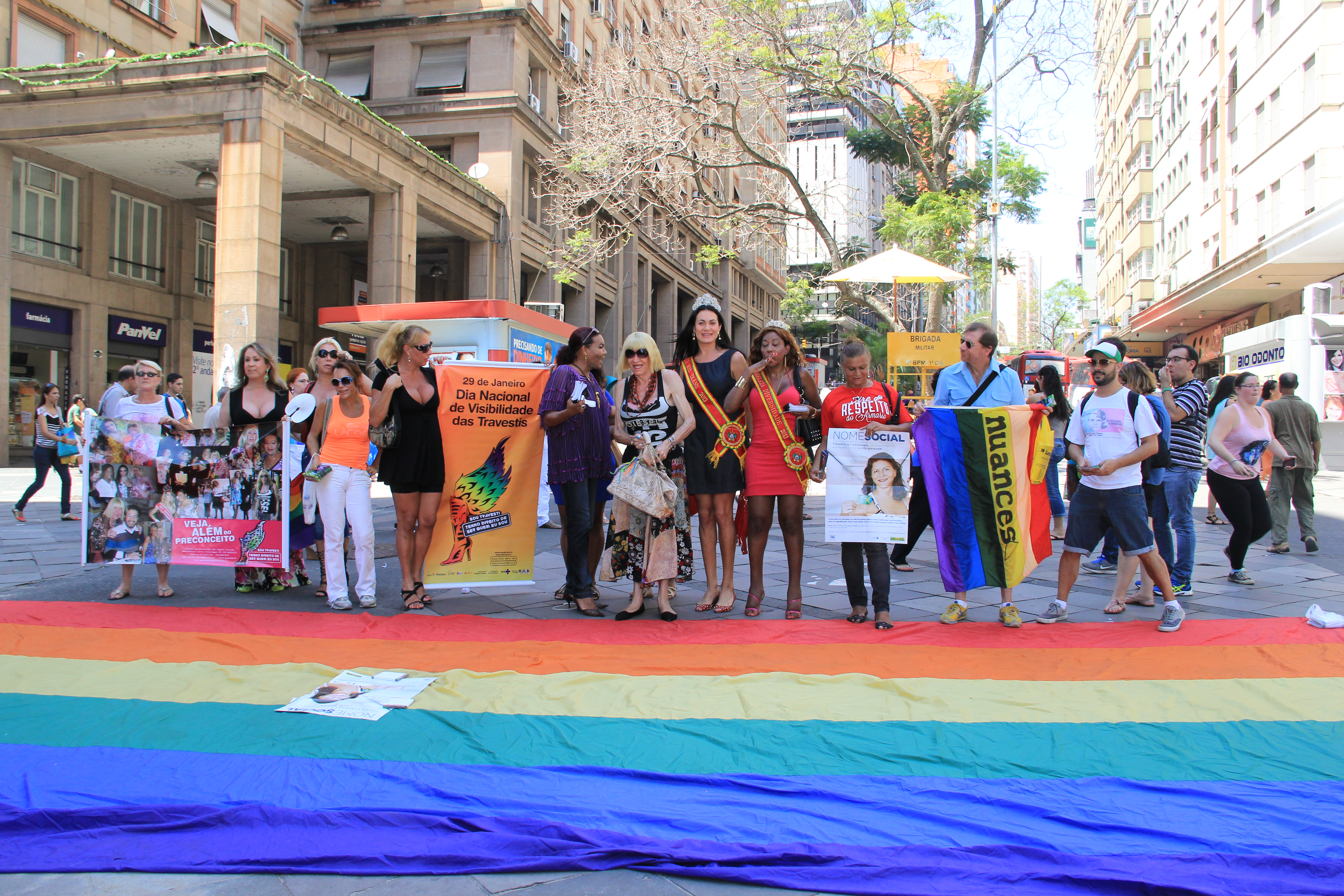369 murders of transgender and gender diverse people were registered worldwide in the last year. Photo: UNDP
Ever since November 20th,1999, the international community celebrates Trans Day of Remembrance as a way of memorializing those who have been murdered for being transgender, and to draw attention to the stigma, discrimination and violence still faced by the transgender community around the globe.
According to Transrespect versus Transphobia Worldwide (TvT), 369 murders of transgender and gender diverse people were registered worldwide in the last year. Transgender women are systemically excluded from basic health care services, the formal labour market and continue to face difficulties in having access to education. The absence of gender identity laws that recognise transgender people’s rights to change their names and gender markers derives in discrimination in everyday situations, such as opening a bank accounts, travel restrictions, accessing housing and employment, amongst many others.
On a positive note, several Latin American countries are leading the way in passing gender identity laws that allow people to change their names and gender markers without facing requirements such as hormone therapy, surgery or psychological evaluation. Moreover, in November 2017, the Inter-American Court of Human Rights adopted an Advisory Opinion on gender identity, equality, and non-discrimination for same-sex couples, explicitly recognising gender identity as a right protected under the American Convention on Human Rights. The Opinion, at the request of Costa Rica, called on the States of the region to harmonize their domestic jurisdiction with the inter-American standards.
Last week in Panama City, UNDP brought together more than 50 activists, representatives from governments and International organisations from 12 countries in Latin American at the regional consultation “The Extra Mile: Going beyond Gender Identity Laws to advance social and economic inclusion of Transgender persons in Latin America”. In a south-to-south exchange participants shared information on strategies, successful practices and lessons learnt to broaden their perspective on realising full rights of transgender people in the region.
Uruguay, for instance, passed a new law establishing inclusion mechanisms for transgender people, including granting access to gender-affirming surgery and hormone therapy to be paid for by the Uruguayan state as well as reserving 1% of public sector jobs for transgender people, and setting up a fund to pay reparations to transgender people who faced persecution when the country was under a military dictatorship.
In 2012, Argentina led the way in the region when the Senate unanimously approved what has been called one of the most progressive gender identity laws in the world, providing full recognition of self-defined gender identity. Following the adoption of the law, the province of Santa Fe, has developed multisectoral programmes and now offers scholarships to transgender students, preferential access to employment and access to social security programmes.
Since 2015, the largest Mexican petroleum company, PEMEX, implements an institutional social inclusion strategy in partnership with UNDP. The company creates inclusive and safe labour spaces for transgender people with the provision of training and awareness raising for more than 50.000 workers all over the country. It also ensures the harmonization of processes to integrate principles of equality and non-discrimination.
In order to achieve inclusive development, we need to place marginalised groups at the forefront of our efforts. UNDP stands ready to work with regional partners to support countries to redouble efforts to end inequalities and deliver on commitments to leave no one behind.

 Locations
Locations





